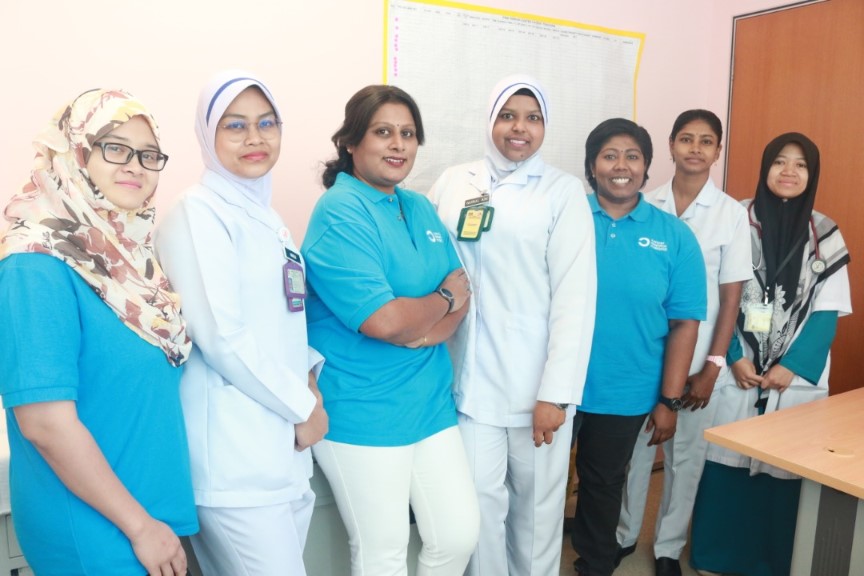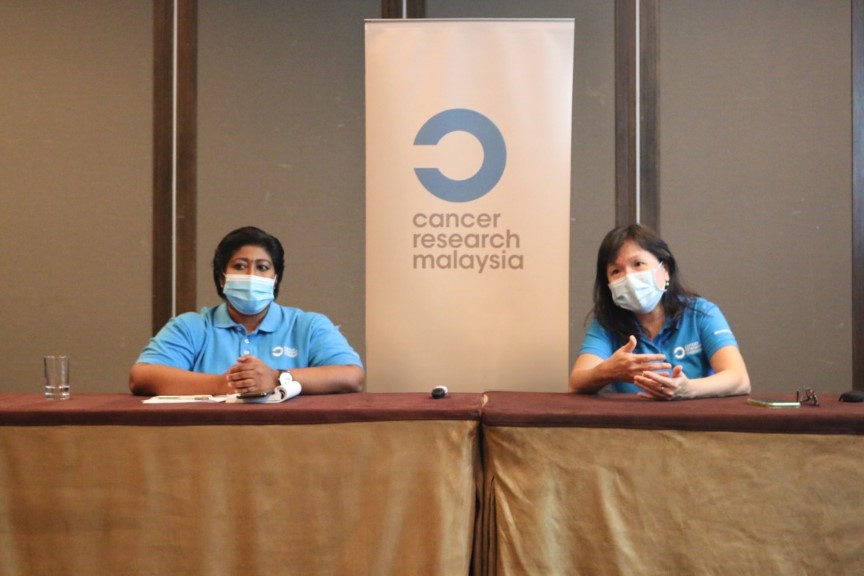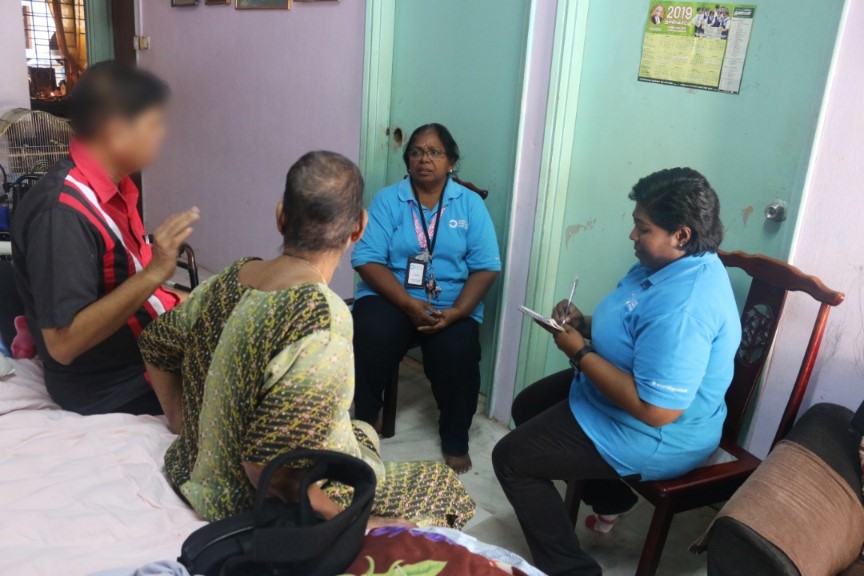KUALA LUMPUR, June 25 — A cancer patient doesn’t just have to deal with treatment, but has to figure out how to get diagnosed early and handle possibly huge financial losses.
That’s where a patient navigation programme comes in — by taking a cancer patient through the complicated health care system and also managing the non-medical aspects of their journey.
The patient navigation programme (PNP) — a collaboration between non-profit Cancer Research Malaysia, the Ministry of Health (MOH), doctors, nurses, and community partners — helps underprivileged breast cancer patients get timely diagnosis and treatment to improve their chances of survival.
“Navigating is like showing them the way — something similar to Waze,” PNP manager Maheswari Jaganathan told CodeBlue in a recent interview, referring to the navigation app for drivers.
She stated that PNP consists of dedicated teams who work closely with breast cancer patients by understanding them and providing all the necessary support services to ensure that they get diagnosed on time and complete their recommended treatment.
PNP acts as one-stop centres in collaboration with MOH at public hospitals in Klang, Selangor; Seremban, Negri Sembilan; Kuching, Sarawak; and Kota Kinabalu, Sabah.

“We talk to the patients, understand their anxiety, tell them what they’ll do each time. They’ll come with a highly suspicious finding. We’ll try to tell them how to go into diagnosis, what are the preparations to be done, what is to be anticipated at each phase or process of diagnosis,” she said.
Maheswari told CodeBlue that well-informed patients are able to focus more on their treatment.
“It was quite challenging to go to the hospital as I need to cross the state and paying for taxis is expensive. The navigator helped me with information on how to get financial benefits from the government, which I received. They were also helpful in answering all my questions about breast cancer so I can make an informed decision,” Cancer Research Malaysia quoted a single and unemployed cancer patient as saying.
Cancer Research Malaysia shared numerous heart-warming stories of breast cancer patients who were able to see light at the end of the tunnel with the assistance of PNP.
According to Cancer Research Malaysia, socio-economic factors are one of the biggest contributors to both late-stage presentation and inadequate treatment, linked to up to half of breast cancer deaths in Malaysia.
Cancer Research Malaysia conducted a survey last April among 211 PNP participants to study the coping mechanism of breast cancer patients during the Movement Control Order (MCO) — a strict partial lockdown implemented nationwide from March 18 to May 3 during the Covid-19 outbreak.
Some 77 per cent of participants have a monthly household income under RM3,000 (half of them have zero household income or a monthly household income under RM980).
The survey revealed that one in four breast cancer patients couldn’t fulfill basic needs like food, water, and electricity during the MCO.

Dr Teo Soo Hwang, founding chief executive and current chief scientific officer of Cancer Research Malaysia, stated that financial toxicity is a major problem faced by breast cancer patients in Malaysia.
“Generally, cancer treatment in Malaysia is provided for free or with very minimal charges. So, the basic care is already provided,” Dr Teo told CodeBlue.
“But I think the challenge is, as we know, cancer isn’t just about the treatment itself. There are a lot of other charges that are critical that make financial toxicity an issue for cancer patients.”
Dr Teo Soo Hwang, founding chief executive and current chief scientific officer of Cancer Research Malaysia
She pointed out the possibility of cancer patients losing jobs as a consequence of getting the disease, while additional treatments and expenses would burden them further.
“So, the Ministry of Health covers some basic medications. But sometimes, additional newer types of chemotherapy, for example, newer types of targeted therapy that can significantly improve your survival is not available. So you need to have out-of-pocket expenses to pay for those,” she said.
“Sometimes you have treatment side effects. Those treatment side effects require you to have additional things that you need to buy that are not provided by the Ministry Of Health.
“For example, things for wound dressing, additional things to help you cope with falling hair, or feeling nauseated or not being able to eat. Sometimes, you need additional food replacements, food supplements or additional milk or additional different types of food while you’re undergoing treatment,” Dr Teo told CodeBlue.
Dr Teo also highlighted the huge role of MOH in treating cancer patients in Malaysia, noting that PNP is integrated in pink ribbon centres located in four MOH hospitals and that the partnership has helped numerous underprivileged breast cancer patients in Malaysia.
Update at 6.20pm: CodeBlue mistakenly reported earlier that half of breast cancer patients in a Cancer Research Malaysia poll had zero household income or a household income below RM980. The number of people in this income category is actually half of the 77 per cent of participants with a household income below RM3,000 monthly. The error has been corrected.








